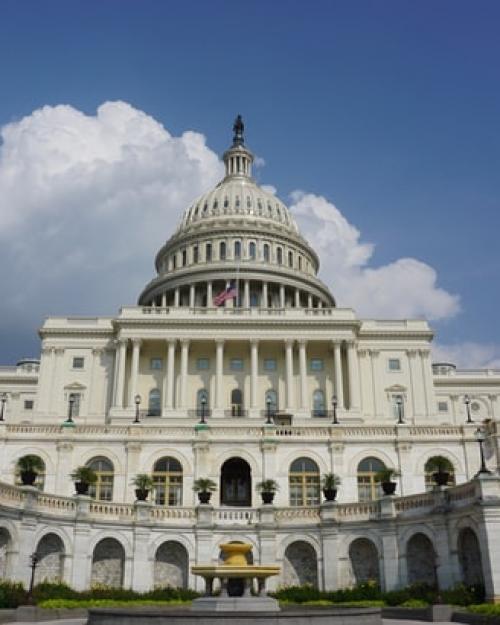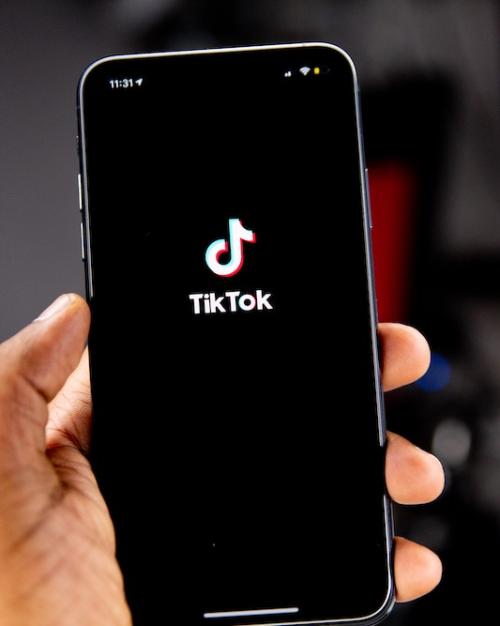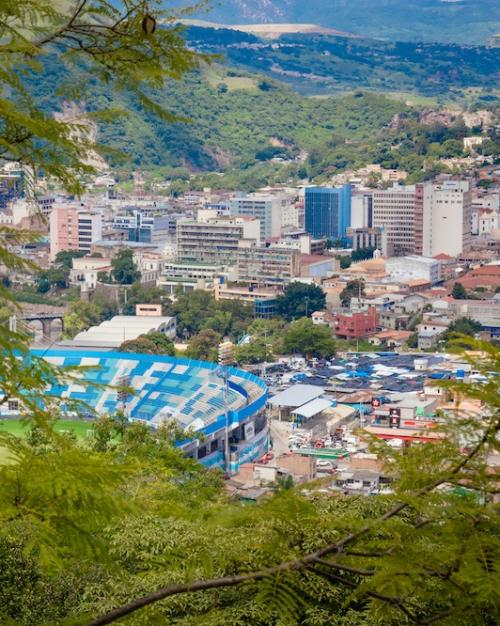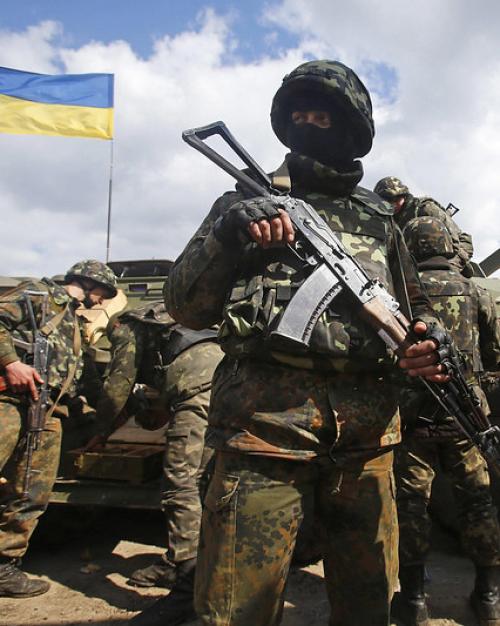The College of Arts and Sciences' communications office works closely with Cornell's Media Relations Office. As the College's representatives to media, we connect faculty experts and thought leaders to local, regional, national and international media organizations.
Contacts
|
Linda Glaser, News & Media Relations Manager |
o: 607-255-8942 |
|
Tricia Barry, Communications Director |
c: 607-377-6596 |
College of Arts & Sciences experts weigh in on current events.


AI chip exports bill an “attempt to reclaim congressional agency”
Artificial Intelligence
A&S Communications


Europe has little leverage to push back if Trump moves to take Greenland
International politics
A&S Communications

TikTok user long-term experience will ‘depend’ on regulators in new framework
Government
A&S Communications


Domestic politics driving Thailand-Cambodia border tensions says Cornell Southeast Asia expert
Government
A&S Communications


U.S.-Russia peace plan should be ‘non-starter’ for Ukraine
International politics
A&S Communications

Whose God goes on the classroom wall? Cornell expert on religious freedom
Sociology
A&S Communications
